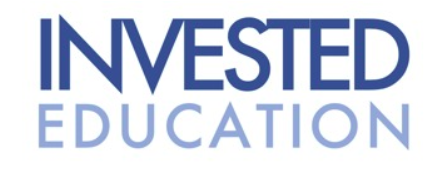
Maths

INTENT
Our intent is to provide a coherent and ambitious mathematics curriculum that develops fluency, reasoning, and problem-solving from KS3 through to KS4. We aim to build secure foundations in number, algebra, geometry, ratio, proportion, and statistics so that all pupils can access more complex concepts with confidence. The curriculum fosters resilience, logical thinking, and curiosity, enabling students to apply mathematics in varied contexts. We are committed to creating a safe and supportive learning environment where students feel confident to make mistakes, learn from them, and build on their prior knowledge without fear of failure. Ultimately, we prepare students for success at GCSE and equip them with the skills needed for further study, employment, and everyday life.
IMPLEMENTATION
We deliver a carefully sequenced curriculum that builds on prior knowledge, with clear progression from KS3 into KS4. Lessons combine conceptual understanding with procedural fluency and application, supported by retrieval practice and assessment for learning. Students are encouraged to view mistakes as valuable learning opportunities within a secure and respectful classroom culture. Misconceptions are addressed promptly, and teaching is adapted to meet the needs of all learners through scaffolding, challenge, and differentiated pathways. Mathematical language is explicitly taught, and students are encouraged to explain and justify their reasoning. Technology, visual models, and problem-solving strategies are used to deepen understanding, while exam skills and mathematical modelling are integrated to ensure readiness for assessment and real-world application.
IMPACT
Students develop fluency and confidence in mathematics, applying knowledge flexibly across topics and in unfamiliar contexts. They achieve at GCSE and functional skills level, reflecting strong progress from their starting points, and are prepared for a range of post-16 pathways including A-level, vocational study, or apprenticeships. Beyond results, students leave with resilience, critical thinking skills, and the confidence to use mathematics in everyday life and future employment. They recognise the value of maths, enjoy their learning, and are motivated to reach their full potential in a supportive environment where making mistakes is seen as part of the learning journey.
